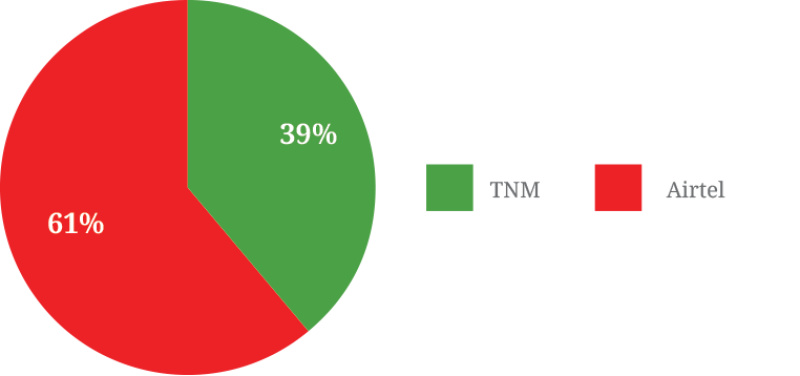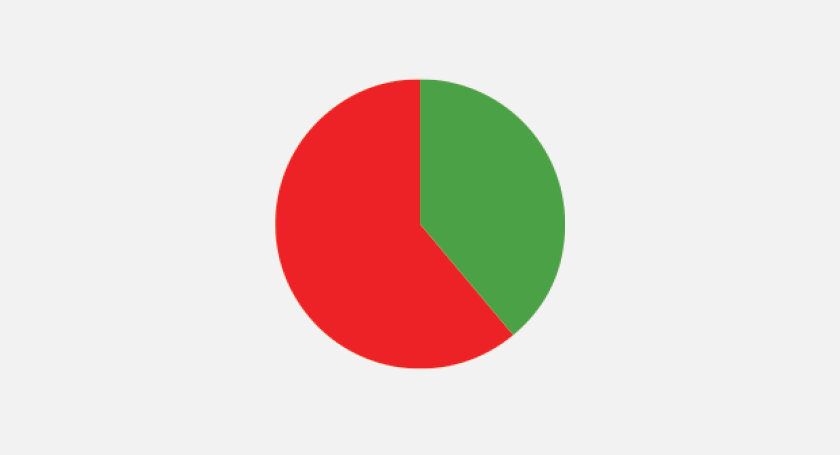shsq-malawi
Background
With a population of 15.9 million1 people and with over half of Malawians living below the poverty line, Malawi is one of the most densely populated and least developed countries in Africa. The country is located in the south east of the continent, landlocked and surrounded by Zambia, Tanzania and Mozambique.
Market Situation
Compared to the rest of Africa, the Malawi telecommunication market is particularly under-developed. There were 5.56 million mobile subscriptions at the end of 2013, giving a low penetration rate of 35%. Relatively low subscriber growth of 2.3% is forecast for 2014, and is expected to taper off over subsequent years. More than 99% of the subscribers are prepaid users. A SIM registration programme is taking place in 2014 and, as observed in other SSA countries, this is likely to have a negative impact on subscriber figures.

Like many other sub-Saharan African countries, Malawi’s telecommunication market was originally dominated by the state-owned telecommunication operator Malawi Posts and Telecommunications Corporation (MPTC). In 19952, the first mobile license was awarded to Telekom Networks Malawi (TNM), which is 40% owned by MPTC. At the outset, the entire spectrum in the GSM 900MHz band was originally allocated to Telekom Networks Malawi. In 1999, a second mobile operator was licenced in to provide mobile services through allocation of part of this GSM 900MHz spectrum. This second operator was originally MSI Cellular Investments/ Celtel, before being acquired by Zain in 2008, and then being acquired by Bharti Airtel in 2010. At the end of 2013, Airtel was the market leader in Malawi with 3.4 million mobile subscribers, followed by TNM with 2.1 million as illustrated in the figure above. Malawi is unusual in that a duopoly still exists in the mobile market – where most other countries have at least 3 mobile operators.
Regulation
In 1998 the Malawi Communications Act permitted the reallocation of spectrum, which stimulated competition in the mobile telecommunication sector with the licensing of a second operator, MSI Cellular Investments (now Bharti Airtel). A third mobile operator, G-mobile, was licensed in 2008 but had its license revoked in 2013 due to continuing rollout delays. A fourth mobile operator, Celcom Limited, was licensed in 2011; its rollout deadline was extended from October 2012 to April 2013 but the operator has recently requested a further 3 years. Recently the government has been pressuring the Malawi Communications Regulatory Authority (MACRA) to revoke Celcom Limited’s license in favour of Lacell Private Limited, which scored poorly during the licence application in 2008.
Technologies
As a consequence of difficulties introducing more competition in the mobile sector, in November 2010 MACRA announced a new converged licensing regime, which allowed fixed telephony service providers to operate full wireless networks. Consequently, the two fixed network operators, Malawi Telecommunications and Access Communications have started to provide mobile service for voice and internet access using respectively CDMA2000 1x EV-DO and EV-DO Rev.A technologies, which support up to 3.6Mb/s in the 450 and 800MHz frequency bands.
In 2009 MACRA awarded 3G licences to TNM and Airtel who launched 3G services based on UMTS/HSPA technology. In 2011, Airtel invested US$5.2m3 to upgrade its network for the roll out of the first 3.75G network in Malawi. Recently, MACRA has renewed Airtel’s licence for another 10 years. As a consequence, Airtel has pledged a US$42 million network expansion and upgrade and plans to roll-out 4G as part of this investment. There is, however, no sign of activity from the regulator regarding licensing and spectrum allocation for the roll out of fourth generation (LTE) networks.
Infrastructure Sharing
The two mobile operators cover 79% of the geography and 94% of the population4 with a combined total of more than 800 towers across the country. Officially there is no legislation or regulatory guidance concerning tower sharing; however it seems that there is a strong desire on the part of the regulator to address the growth in telecommunication and broadcasting towers in the country5, and it has officially announced its willingness to be involved in tower negotiations between operators. Regardless of the lack of regulation in tower sharing, operators have already concluded sharing agreements and share a small number of towers. At the moment no tower operating companies (towercos) are active in Malawi, but operators have already started to outsource tower maintenance of their equipment, with Northern Engineering Works Ltd (NEWL) managing 285 sites of Airtel’s portfolio in Malawi, for example. A recent announcement in the press indicated that Bharti Airtel has agreed on the key terms of a deal to sell its tower assets in 17 African countries, including Malawi, with the portfolio to be split between four separate buyers.
With the current duopoly and the consequently low market penetration, the introduction of a towerco in Malawi could stimulate the entrance of new mobile players in the market, encourage competition and thus increase mobile penetration
[1] World Bank
[2] TNM
[3] My Broadband
[4] GSMA
[5] MACRA

